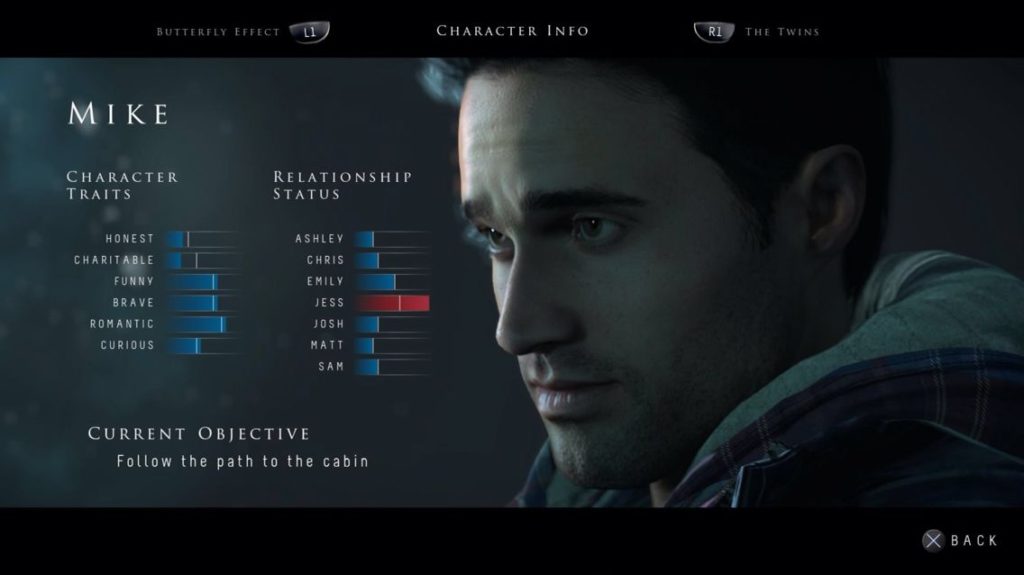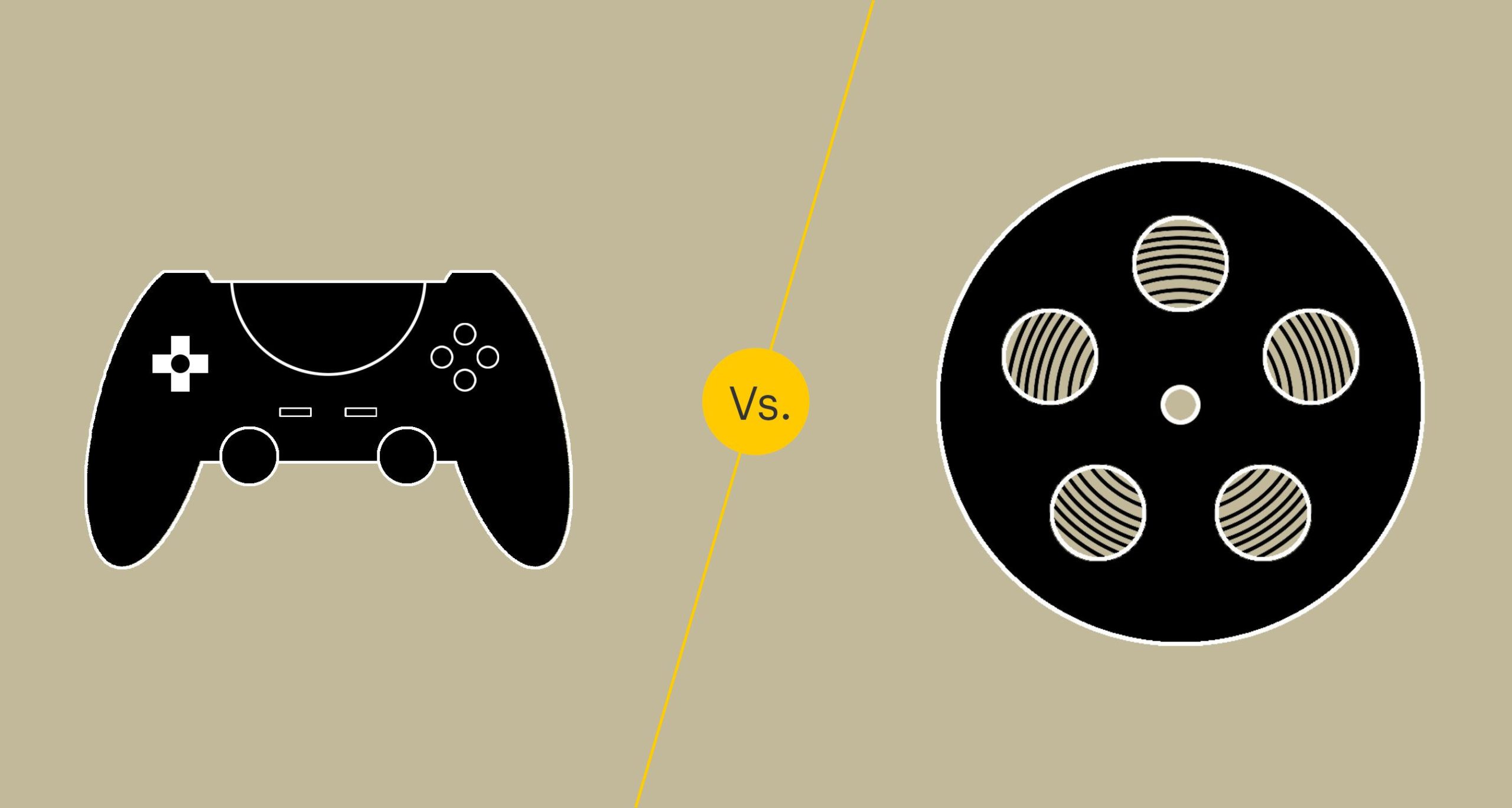In Bernard Perron’s article “Coming to Play at Frightening Yourself: Welcome to the World of Horror Video Games,” he quotes Steven Poole, who reasoned that “the answer” to why horror videogames seem to take on more film-like qualities than games of other genres “is that horror genre can easily do away with character and plot; it is the detail of the monster, the rhythm of the tension and shocks that matter. Plot and characters are things videogames find very difficult to deal with.”
I am not sure that I agree with this for two reasons: first, and this determination is made without having read the rest of Poole’s argument, I think it is a little reductive to argue that “plot and characters are things videogames find very difficult to deal with.” I think that videogames certainly (in general) treat plot development and character development differently than films – perhaps because videogames have to consider two sets of player experiences: the experience of consuming the narrative and the experience of interacting with the game and its mechanics. By contrast, without the added level of interactivity, a film’s primary (perhaps sole) “focus” is the viewer’s consumption of the plot.
I think that this difference does not necessarily mean that plot and characters are more difficult to “deal with” for game developers but rather that the extent to which the plot is important to the process of game development (in general) is different from the extent to which it is important in filmmaking.

Second, I do not entirely agree that the “ease” with which characters and plot can be de-emphasized in the horror genre – in favor of the monster and the rhythm of tension – is the factor that decides that horror videogames are more film-like than their counterparts. In a game like Until Dawn, the characters are heavily focused on whereas the details of the “monster” are left undefined (at least for the first few hours of gameplay). The existence of the “monster” is still crucial to the game, but character development is also – the player is given an overview of each character’s traits and context for their relationships to other characters.
Ultimately, I agree that the rhythm of the tension is incredibly important to the horror genre, and if players are given too much agency (with a map that is very open or without sufficient cut scenes), it becomes difficult to sustain this rhythm, and the tension can dissipate quickly. This, I believe, is one of the most plausible reasons for why horror games are often more film-like than other games, since the more linear nature of film allows for a steady build of tension. I just do not think that maintaining the tension that horror necessitates needs to come at the expense of character and plot development.
That said, I would love to hear other takes!

